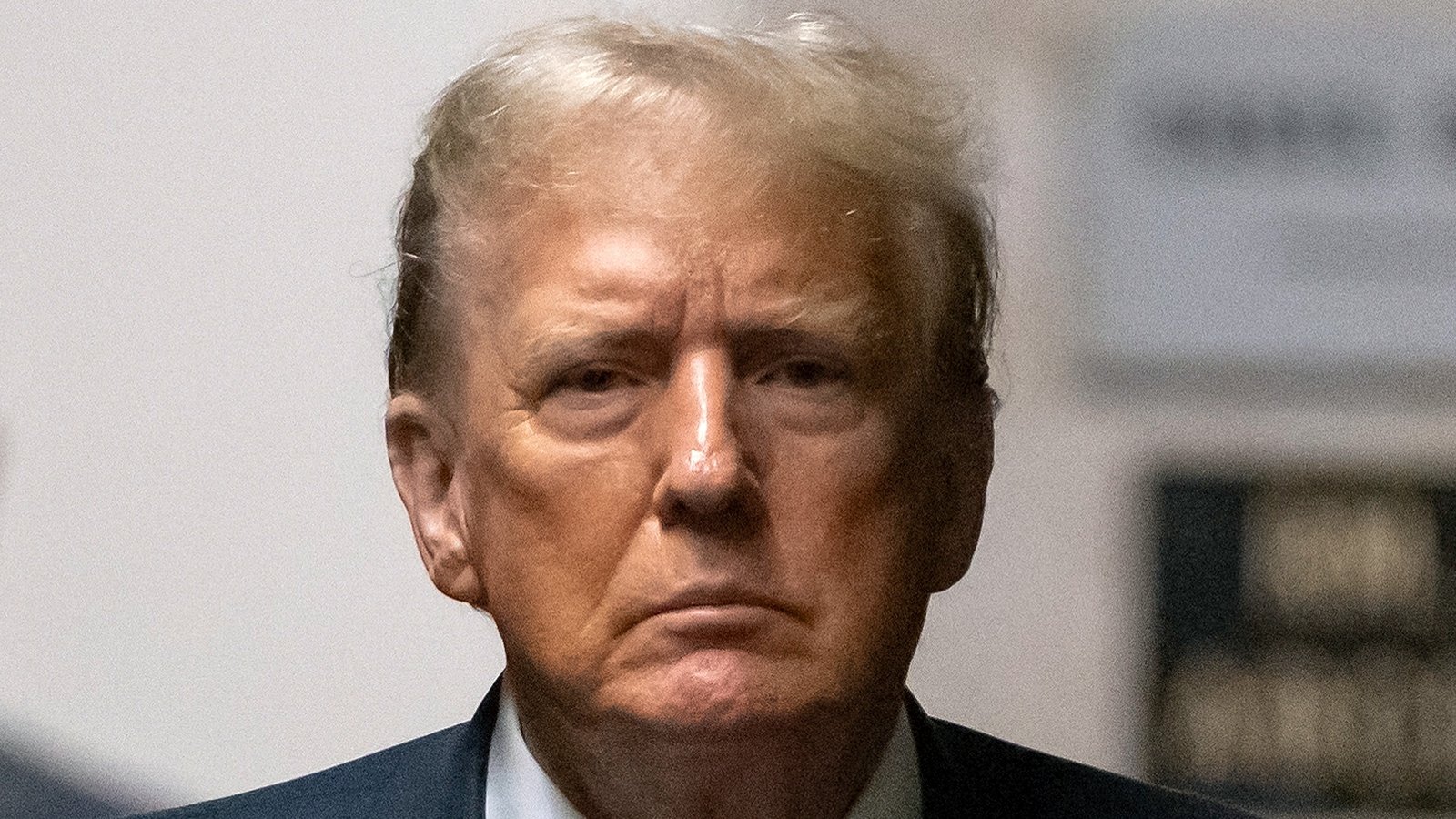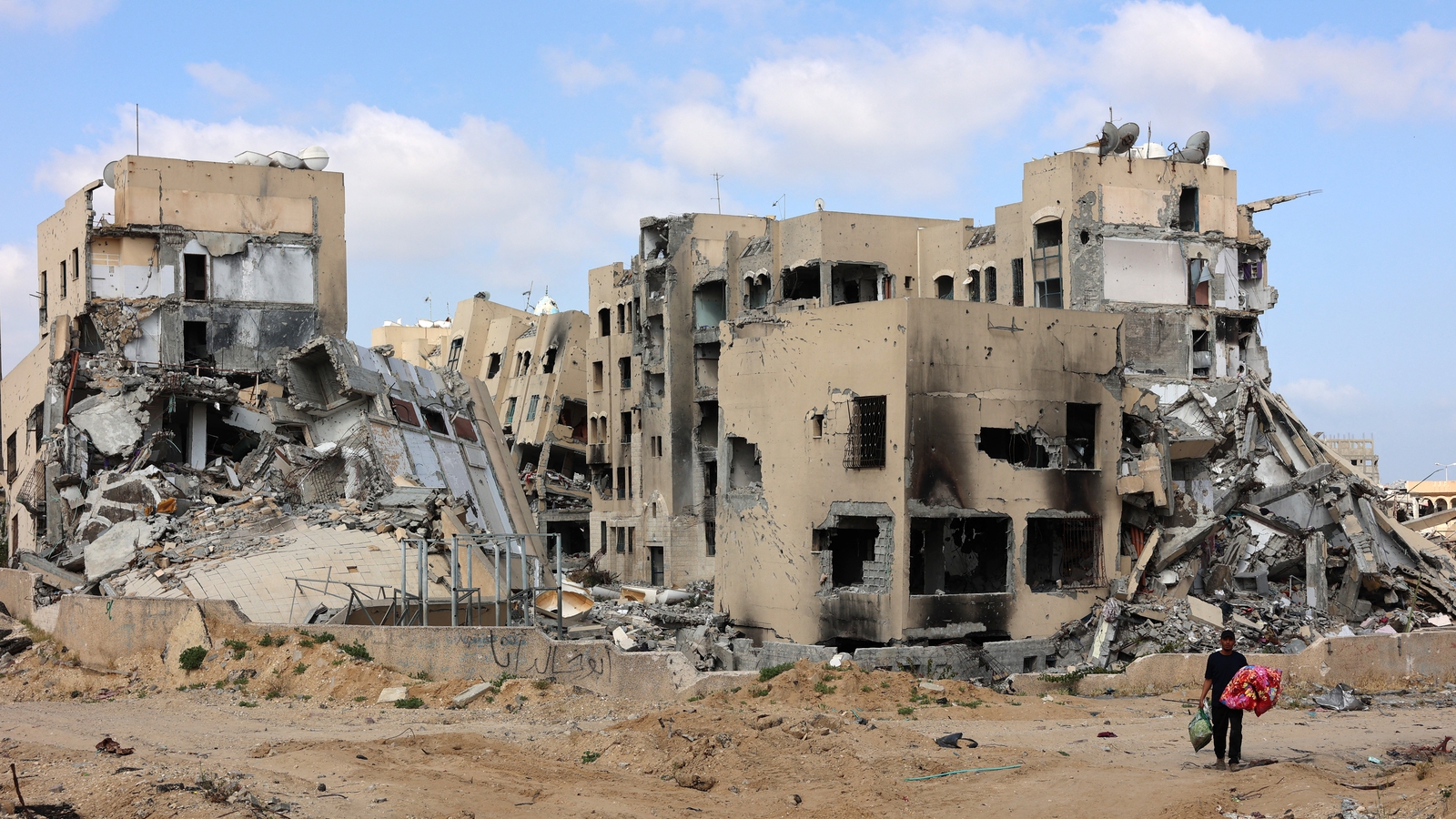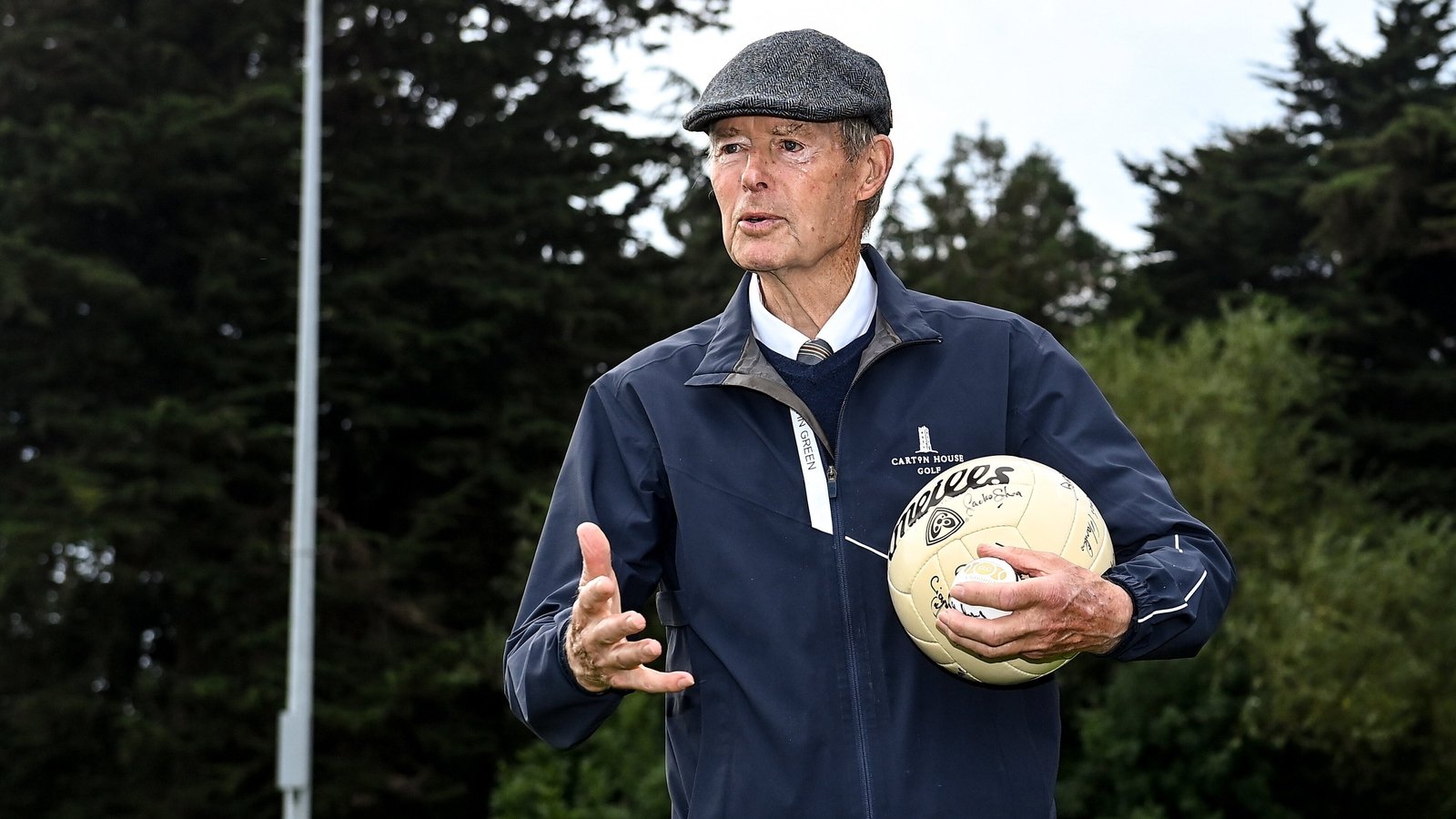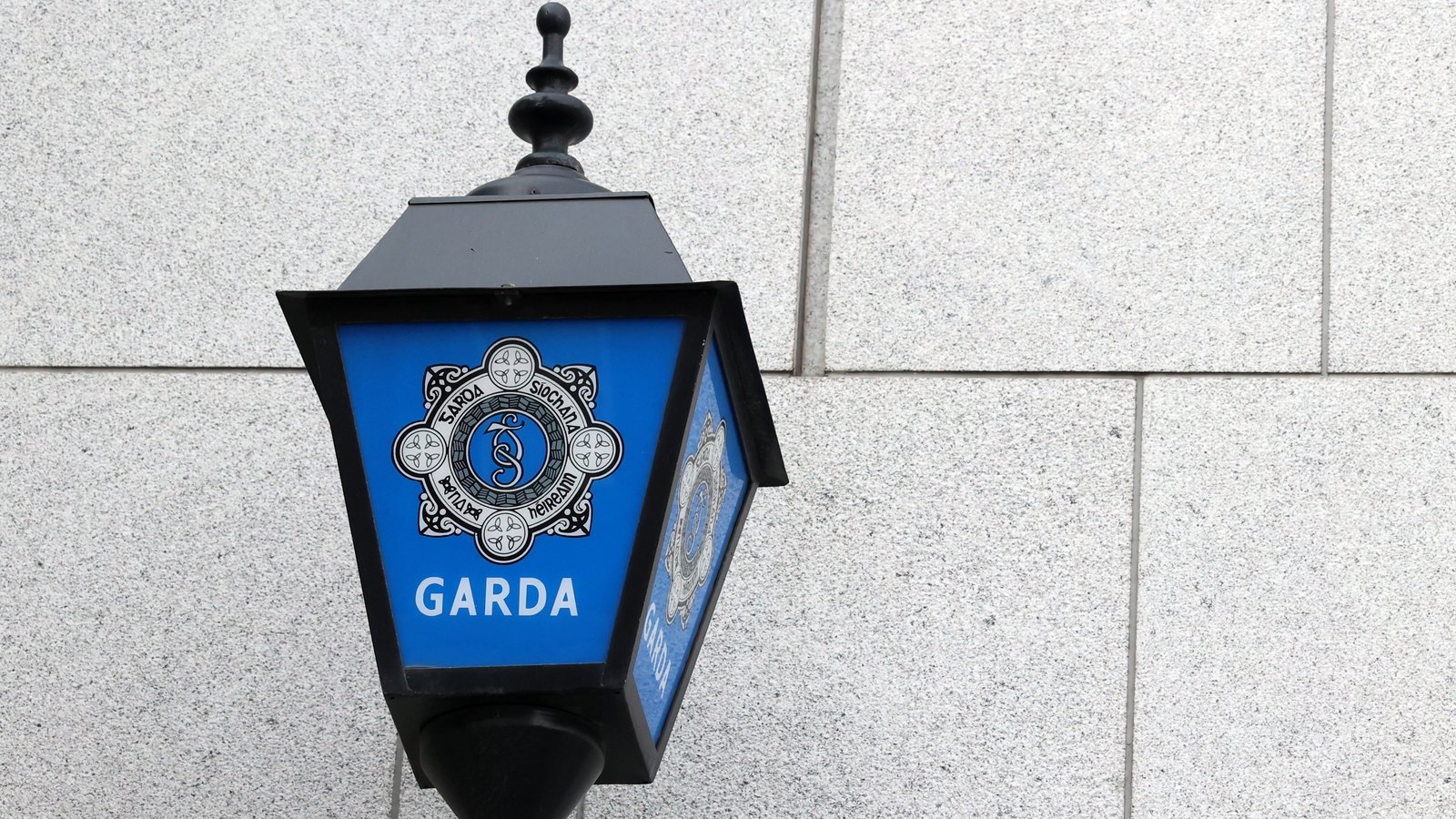Immigration, climate on EPP agenda at Bucharest congress
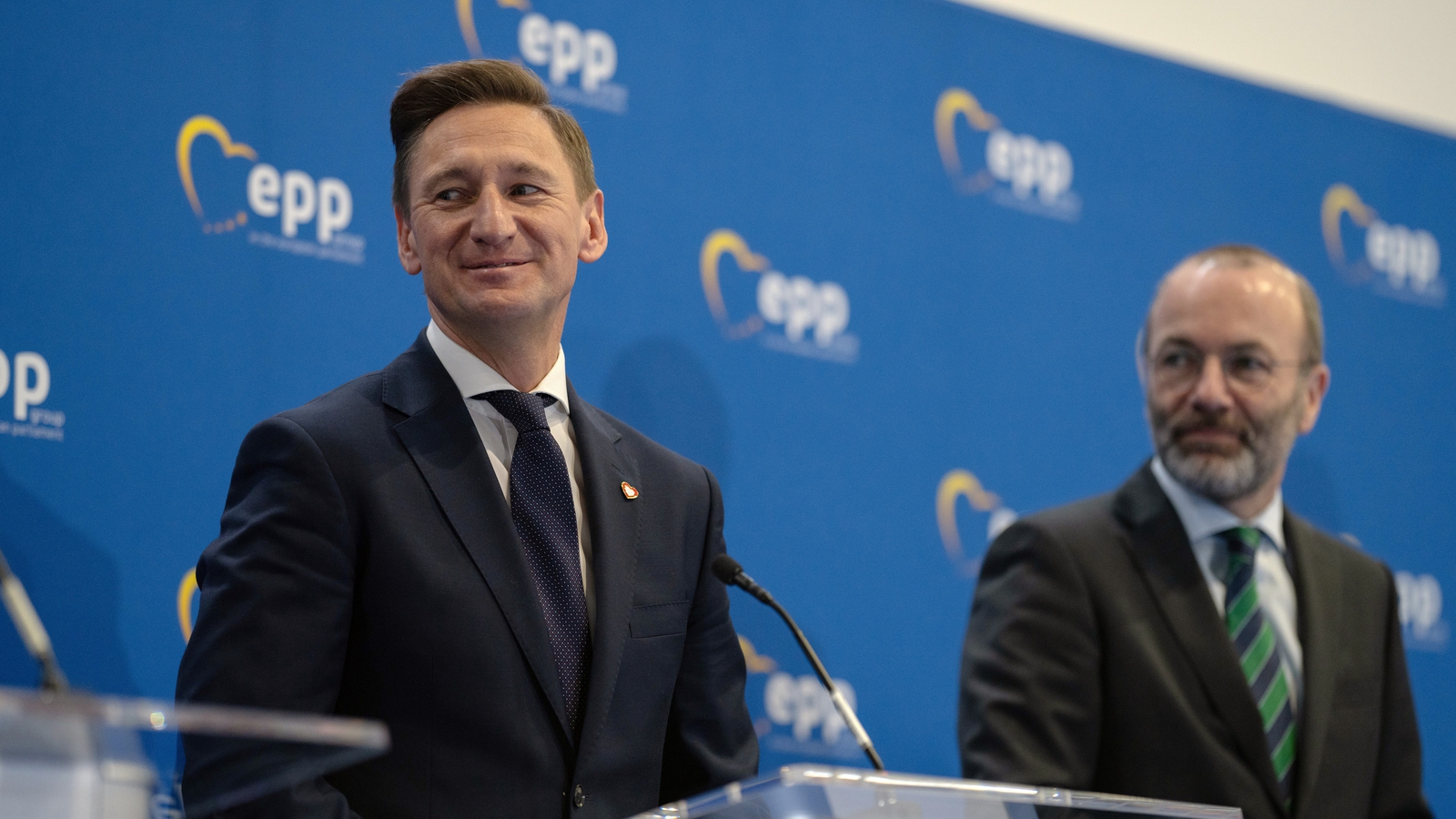

Members of the centre-right European People’s Party are meeting in the Romanian capital, Bucharest, today and tomorrow for the group’s congress, three months ahead of the European Parliament elections in June.
Tomorrow, current European Commission president Ursula von der Leyen is expected to be endorsed by the group’s members as its lead candidate for the role again.
Ms von der Leyen is highly likely to win a second five-year term as head of the EU’s executive given that she leads the bloc’s largest party.
The EPP currently holds 178 seats in the current 705-seat European Parliament, ahead of the main socialist group, the S&D on 141 seats, and the centrist Renew Europe – of which Fianna Fáil is a member – on 101.
The Greens and the European Free Alliance group hold 71 seats.
Fine Gael is a member of the EPP and Taoiseach Leo Varadkar and a number of Fine Gael MEPs are attending the event in Bucharest.
Polls suggest rising support for far-right parties across the bloc, such as the AfD in Germany and the National Rally in France.
That will pose a challenge for the main centrist parties which have dominated the European Parliament and EU policy for decades.
A report published in January by the European Council on Foreign Relations, a Paris-based think-tank, found that both that the S&D, the Greens and Renew Europe “will likely continue to lose seats” in the June elections.
“This reflects the long-term decline in support for mainstream parties and the growing support for extremist and smaller parties across Europe, which is resulting in an increasing fragmentation of European party systems, at both the national and European levels,” write the authors.
Politico’s Poll of Polls predicts that ID could gain 28 seats in June’s elections.
Researchers at the ECFR say the far-right group could win as many as 40 extra seats, making it a sizeable force in the parliament.
The EPP manifesto focuses on three main policy areas: immigration, defence and climate.
On migration, the manifesto outlines that the EPP intends to conclude agreements with third countries to ensure that “asylum seekers can also be granted protection in a civilised and safe way”.
Though the manifesto states the EPP’s commitment to the “fundamental right to asylum”, it also outlines that the party wants “to implement the concept of safe third countries”.
Speaking to reporters, Irish MEPs Frances Fitzgerald, Seán Kelly and Deirdre Clunes rejected the idea that the proposal to locate migrants to so-called ‘safe third countries’ was a Rwanda-style policy like the one currently pursued by the UK government.
Ms Fitzgerald said that clarity was needed on migration policy across Europe and that the EU needed to work more with African and other countries of origin on migration.
“Borders are borders, but we know that people smugglers are always going to try and get people across, and so it was to deal with that issue as well.
“Ireland needs more legal visas,” she said, adding that there was a shortage of workers across many services in Europe.
“Equally, if people don’t have the right, I think there will be a sense that, you know, like in Ireland with the same condition of quicker assessments of those people coming in.”
“There will be more deportations. That’s the reality,” said Ms Fitzgerald.
Mr Kelly said that there was a need to send a signal to people smugglers.
Ms Fitzgerald said that the EPP’s preference would be to stay in the centre and do deals in the centre-left and centre-right.
“If there are more elected on the extreme right, I don’t think it’s particularly where we want to go but there could be cases where there would be some alignment”.
“It would be on a policy by policy basis to a large degree,” she said.

